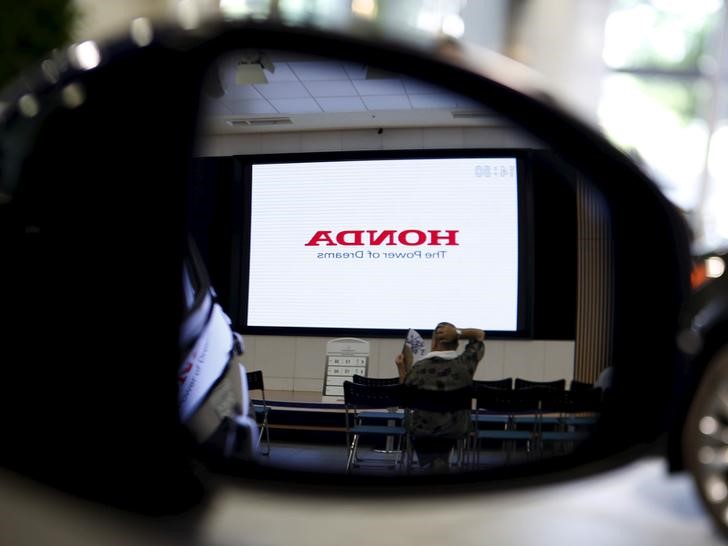By Ana Isabel Martinez and Krista Hughes
ATLANTA (Reuters) - Negotiators trying to clinch a Pacific Rim free trade deal made progress toward resolving a key issue on Wednesday when Canada and Mexico signaled a willingness to open the North American auto market to more parts made in Asia, people briefed on the closed-door talks said.
The Trans Pacific Partnership, or TPP, which seeks to cut trade barriers and set common standards among a dozen nations reaching from Japan to Chile, has become snared over a small set of issues, including trade in autos and auto parts, since July.
The auto issue is crucial for Japan, whose automakers, led by Toyota Motor Corp (T:7203), depend on sales to the U.S. market and want flexibility in how and where they source auto parts.
The stakes are also high for Mexico, which has seen a boom in auto-related investment because of its proximity to the United States, relatively low labor costs and participation in the North America Free Trade Agreement.
Over the past two years, eight automakers, including Honda Motor (T:7267), Mazda (T:7261) and Nissan (T:7201), have opened or announced new auto plants or expansions of existing facilities in Mexico.
A previous round of TPP negotiations failed in July after Mexican officials objected to a proposal by Japan and the United States on autos concerning the "rules of origin" that determine whether a vehicle can be exported without tariffs.
Officials from Mexico and Canada were aiming for a 45-percent threshold for local content on vehicles, two people briefed on the talks said.
If part of a final trade deal, that would mean the majority of the vehicle could be sourced from outside the 12 countries participating in the TPP and still be sold in the United States - the bloc's largest market - without tariffs.
Japanese trade negotiators separately pushed for a 32.5 percent local origin threshold for auto parts separate from the rule covering vehicles, the people briefed on the talks said.
It was not clear whether those two proposals were being taken up together or how any trade deal would calculate local content. Rules for such calculations under the NAFTA accord are complex.
NAFTA sets a 60-percent local origin threshold for auto parts and a 62.5 percent threshold for finished vehicles for tariff purposes. Those rules have been credited with driving the auto industry's investment-driven boom in Mexico since 1990 and Mexican officials had earlier wanted a similar standard in the TPP.
A more liberal set of rules, like those under consideration by trade negotiators in Atlanta, could allow automakers more flexibility in buying cheap and low-margin parts like interior plastics from producers in Asia who could undercut suppliers in Mexico on price, Mexican industry officials have said.
It would also invite criticism from U.S. union groups and Democrats in the U.S. Congress who have urged that the TPP hold to the standards for auto tariffs contained in NAFTA.
A TPP deal would also mean the United States scraps the tariff of 2.5 percent on Japanese car imports and the punitive 25 percent tariff on trucks.
Auto parts makers in Canada and Mexico, for their part, had pushed for a minimum threshold of at least 50 percent of local content in any TPP agreement.
A Pacific trade deal would be a legacy-defining achievement for U.S. President Barack Obama, who has said the deal would open key markets to a range of U.S. exports.
U.S. officials have also promoted the trade deal as a counterweight to China's rising influence in the region.
